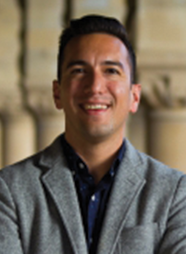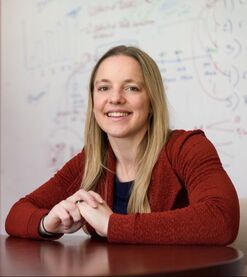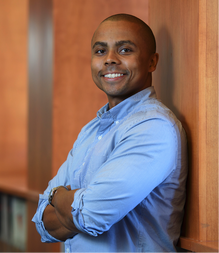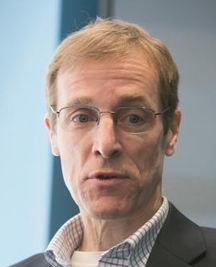FACULTY

Jamil Zaki, Ph.D.
Jamil Zaki is a Professor of Psychology at Stanford University and director of the Psychology One Program as well as the Stanford Social Neuroscience Laboratory. His research focuses on the cognitive and neural bases of social behavior, and in particular on how people understand each other's emotions (empathic accuracy), why they conform to each other (social influence), and why they choose to help each other (altruism). Jamil received his B.A. from Boston University, his Ph.D. from Columbia University, and postdoctoral training at Harvard University. Now that he’s in the Bay Area, his hobbies include compulsive hiking, eating avocados, and trying to remember how to drive again.
Jamil Zaki is a Professor of Psychology at Stanford University and director of the Psychology One Program as well as the Stanford Social Neuroscience Laboratory. His research focuses on the cognitive and neural bases of social behavior, and in particular on how people understand each other's emotions (empathic accuracy), why they conform to each other (social influence), and why they choose to help each other (altruism). Jamil received his B.A. from Boston University, his Ph.D. from Columbia University, and postdoctoral training at Harvard University. Now that he’s in the Bay Area, his hobbies include compulsive hiking, eating avocados, and trying to remember how to drive again.

Alia J. Crum, Ph.D.
Alia J. Crum is an Associate Professor of Psychology at Stanford University and the Principal Investigator of the Stanford Mind & Body Lab. She received her Ph.D. from Yale University and B.A. from Harvard University. Dr. Crum’s research focuses on how changes in subjective mindsets—the core assumptions we make about things and processes in the world—can alter objective reality through behavioral, psychological, and physiological mechanisms. Her work is, in part, inspired by research on the placebo effect, a robust demonstration of the ability of mindsets to elicit healing properties in the body.
Alia J. Crum is an Associate Professor of Psychology at Stanford University and the Principal Investigator of the Stanford Mind & Body Lab. She received her Ph.D. from Yale University and B.A. from Harvard University. Dr. Crum’s research focuses on how changes in subjective mindsets—the core assumptions we make about things and processes in the world—can alter objective reality through behavioral, psychological, and physiological mechanisms. Her work is, in part, inspired by research on the placebo effect, a robust demonstration of the ability of mindsets to elicit healing properties in the body.

Steven O. Roberts, Ph.D.
Steven O. Roberts is an Associate Professor of Psychology and the director of the
Social Concepts Lab. He received his B.S. in Applied Psychology from New York University and his Ph.D. in Psychology from the University of Michigan. Broadly, he is interested in how adults and young children conceptualize groups, and how those concepts guide how they reason about individuals.
Steven O. Roberts is an Associate Professor of Psychology and the director of the
Social Concepts Lab. He received his B.S. in Applied Psychology from New York University and his Ph.D. in Psychology from the University of Michigan. Broadly, he is interested in how adults and young children conceptualize groups, and how those concepts guide how they reason about individuals.

James Gross, Ph.D.
James Gross is a Professor of Psychology and the director of the Stanford Psychophysiology Laboratory. He received his B.A. in Philosophy from Yale University and his Ph.D. in Clinical Psychology from the University of California, Berkeley. His research focuses on emotion and emotion regulation, and includes measures of emotion experience, behavior, autonomic physiology, and brain activation. With support from Stanford’s Office of the Vice Provost of Undergraduate Education, Dr. Gross created the Psych One program in 2002 and served as faculty director for the program until 2022.
James Gross is a Professor of Psychology and the director of the Stanford Psychophysiology Laboratory. He received his B.A. in Philosophy from Yale University and his Ph.D. in Clinical Psychology from the University of California, Berkeley. His research focuses on emotion and emotion regulation, and includes measures of emotion experience, behavior, autonomic physiology, and brain activation. With support from Stanford’s Office of the Vice Provost of Undergraduate Education, Dr. Gross created the Psych One program in 2002 and served as faculty director for the program until 2022.
